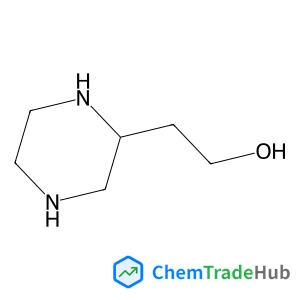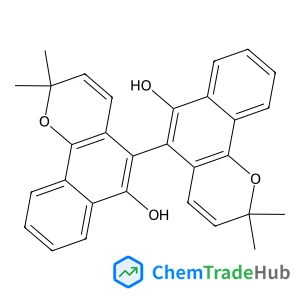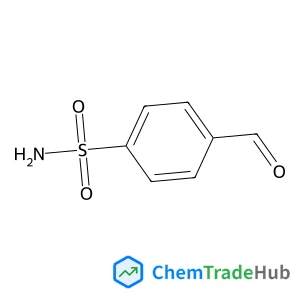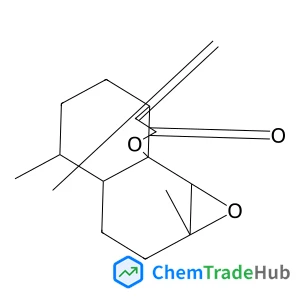Umpolung trifluoromethylthiolation of alcohols
文献信息
Ye Yang, Jiemin Ma, Jiaxiang Zhang, Hu Cai, Wentao Xu
Herein we develop a metal-free umpolung dehydroxytrifluoromethylthiolation of alcohols with commercially available PPh3 and N-trifluoromethylthiophthalimide within 30 minutes. This protocol shows excellent functional group tolerance and high regioselectivity. The dehydroxytrifluoromethylthiolation of a series of natural products and drugs further demonstrates its practicality. Preliminary mechanistic studies suggest that PPh3 is responsible for deoxygenation and the key trifluoromethylthiophosphonium ion may be hydrolyzed by H2O in solvent.
相关文献
IF 6.367
Ether-functionalization of monoethanolamine (MEA) for reversible CO2 capture under solvent-free conditions with high-capacity and low-viscosityIF 6.367
Facile room-temperature growth of nanostructured CuBi2O4 for selective electrochemical reforming and photoelectrochemical hydrogen evolution reactionsIF 6.367
Photoactivatable fluorophores for durable labelling of individual cellsIF 6.222
The limits to biocatalysis: pushing the envelopeIF 6.222
From Douglas fir to renewable H2-enriched syngas via ex situ catalytic pyrolysis over metal nanoparticles–nanocellulose derived carbon catalystsIF 6.367
Highly efficient and durable III–V semiconductor-catalyst photocathodes via a transparent protection layerIF 6.367
Performance of electrode-supported silica membrane separators in lithium-ion batteriesIF 6.367
Effective utilisation of waste cooking oil in a single-cylinder diesel engine using alumina nanoparticlesIF 6.367
Coexisting order and disorder within a common 40-residue amyloid-β fibril structure in Alzheimer's disease brain tissueIF 6.222
来源期刊
Organic & Biomolecular Chemistry
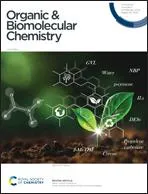
Organic & Biomolecular Chemistry (OBC) publishes original and high impact research and reviews in organic chemistry. We welcome research that shows new or significantly improved protocols or methodologies in total synthesis, synthetic methodology or physical and theoretical organic chemistry as well as research that shows a significant advance in the organic chemistry or molecular design aspects of chemical biology, catalysis, supramolecular and macromolecular chemistry, theoretical chemistry, mechanism-oriented physical organic chemistry, medicinal chemistry or natural products. Articles published in the journal should report new work which makes a highly-significant impact in the field. Routine and incremental work is generally not suitable for publication in the journal. More details about key areas of our scope are below. In all cases authors should include in their article clear rationale for why their research has been carried out.
推荐供应商
 上海埃农生物科技有限公司
上海埃农生物科技有限公司 国际商业系统(IBS)GmbH
国际商业系统(IBS)GmbH 生物链公司
生物链公司 Eurofins GfA Gesellschaft für Arbeitsplatz und UmweltAnalytik mbH
Eurofins GfA Gesellschaft für Arbeitsplatz und UmweltAnalytik mbH 石家庄超微新材料科技有限公司
石家庄超微新材料科技有限公司 Shanghai Biosundrug Co., Ltd
Shanghai Biosundrug Co., Ltd Gebrüder Schmitt GmbH
Gebrüder Schmitt GmbH 西安汇林生物科技有限公司
西安汇林生物科技有限公司 德国宾馆有限公司
德国宾馆有限公司










![28443-57-4 - 4-[4-[(5S)-5-(氨基甲基)-2-氧代-3-恶唑烷基]苯基]-3-吗啉酮 28443-57-4 - 4-[4-[(5S)-5-(氨基甲基)-2-氧代-3-恶唑烷基]苯基]-3-吗啉酮](/structs/284/28443-57-4-e4c7.webp)
